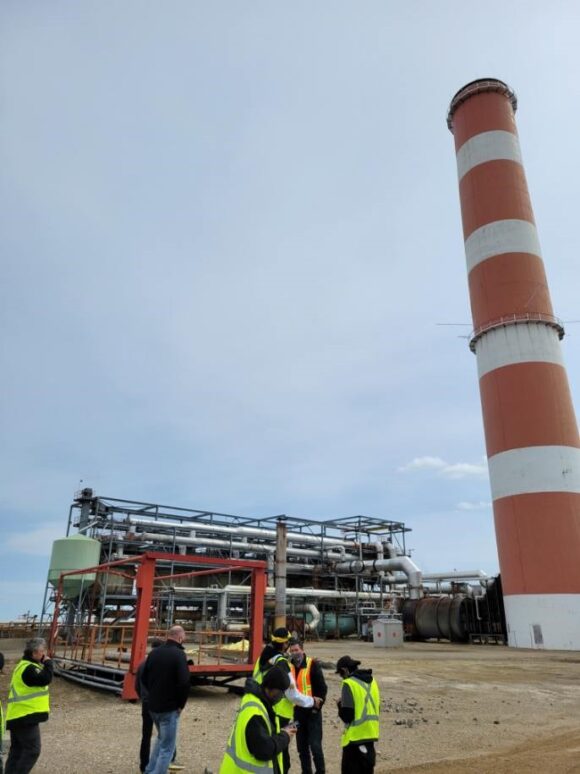Collaboration with ECO Canada to provide Education Opportunity to Tsuut’ina Nation
APRIL 26, 2021
H3M Environmental was recently invited to participate in ECO Canada’s Building Environmental Aboriginal Human Resources (BEAHR) training program. The purpose of the BEAHR program is to build environmental capacity within Indigenous Communities by combining Traditional Ecological Knowledge with Western Science. H3M had active participation in the training and was paired with a group of highly motivated students of the Tsuut’ina Nation willing to learn and master new skills and knowledge.
The BEARH program is offered to First Nations, Métis, and Inuit communities across Canada. Courses are taught by licensed BEAHR Instructors and delivered with input from Traditional Ecological Knowledge, academic institutions, and local industry. The intent of the training is to meet the needs of local communities and protect the environment and ecosystem to ensure a sustainable future. Fernando Prado, who is H3M’s Manager, Reclamation and Remediation, was one of the instructors invited to collaborate with the program and to share with the Tsuut’ina Nation’s students his knowledge and industry experience in the environmental field associated with oil and gas, and the commercial and industrial sectors.
 Some of the topics covered during the program were related to natural resource conservation, management, and the implementation of innovative and environmentally responsible approaches designed to meet applicable federal and provincial requirements. At the same time, the students provided excellent feedback into the program by sharing their traditional indigenous knowledge, cultural values and experience that guide indigenous interrelations among humans, the environment, and the ecosystem.
Some of the topics covered during the program were related to natural resource conservation, management, and the implementation of innovative and environmentally responsible approaches designed to meet applicable federal and provincial requirements. At the same time, the students provided excellent feedback into the program by sharing their traditional indigenous knowledge, cultural values and experience that guide indigenous interrelations among humans, the environment, and the ecosystem.
“The strength of the program is that trainers and participants connect with the land and each other through different lenses,” remarks Fernando. “The experience was equally as rewarding as it was humbling to be able to participate in the intergenerational transfer of knowledge from Elders to youth.”
As part of the curriculum, the students complemented their studies with an educational field tour at an active oil and gas facility. To facilitate the tour, H3M partnered with Tidewater Midstream and Infrastructure Ltd. (Tidewater), a western Canadian midstream company focused on natural gas processing, liquids upgrading, storage, transportation, and marketing. Thanks to Tidewater’s executives, environmental and safety leadership team and support staff, the Tsuut’ina Nation students had the opportunity to visit the Ram River Gas Plant.
Tidewater’s managers and technical personnel provided a complete overview of the plant operations, main activities carried out at the site and associated production units and on-site equipment. Subject matter experts also discussed the necessary facility environmental approvals, current and historical environmental assessments, soil, water, groundwater and air emissions monitoring and performance, as well as on-going reclamation programs.
“The program proved to be an excellent collaboration effort between H3M and Tidewater, and we are fortunate that ECO Canada provided the support for us to participate in this incredible event,” says Fernando. “Tidewater really went above and beyond to make this educational field tour a success and made the Tsuut’ina Nation students experience with the BEAHR program even more beneficial.”
The Ram River Gas Plant, located west of Rocky Mountain House, is one of the largest gas plants in Alberta. The site itself occupies an area of approximately 6 square kilometers, within a picturesque surrounding area.
All provincial COVID-19 policies and procedures were followed by all attendees throughout the day of the field tour.
